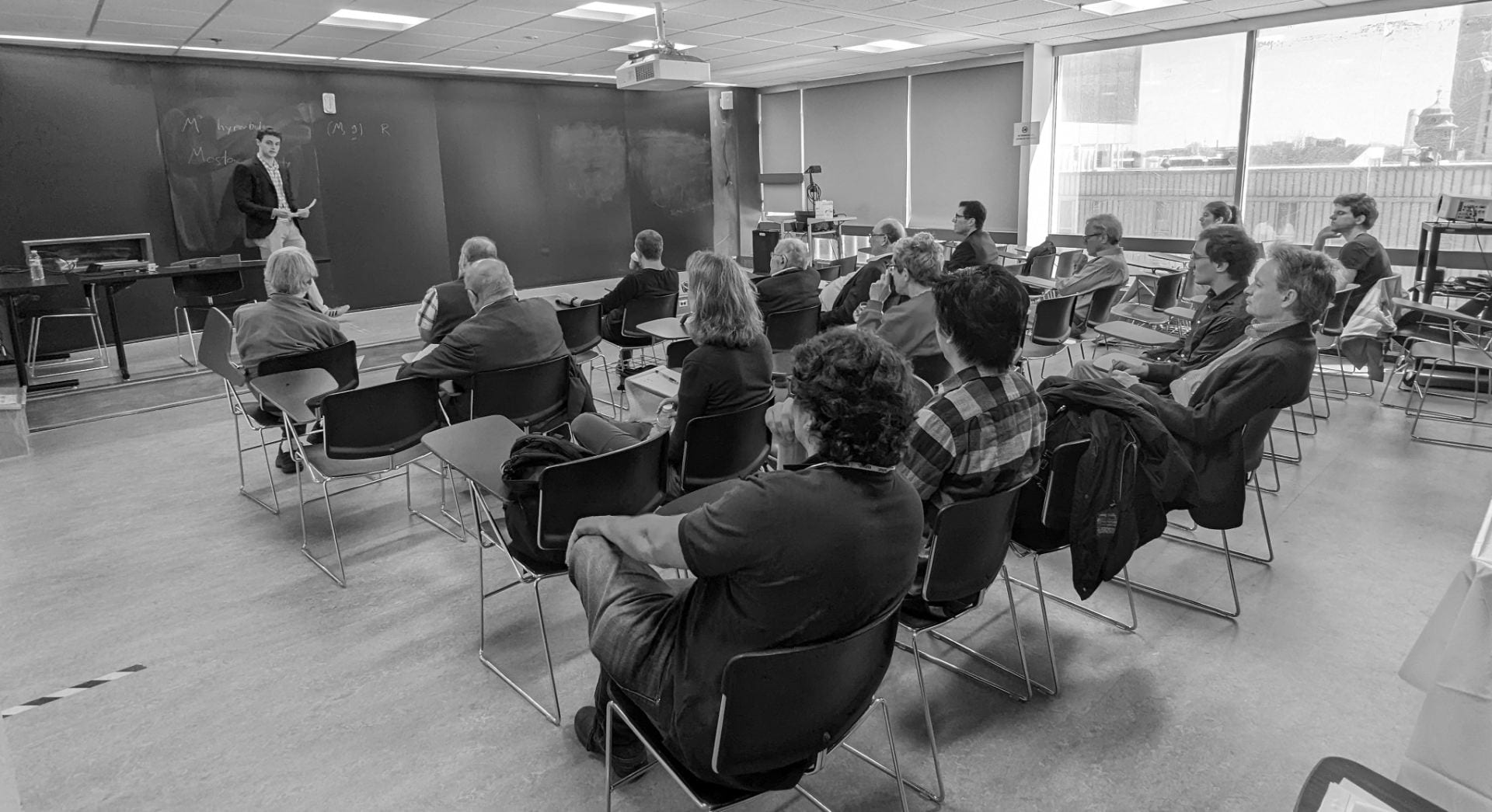Bok Center for Teaching and Learning: Inclusive Teaching
Inclusive teaching involves cultivating awareness of the dynamics that shape classroom experiences and impact learning. It also involves being responsive to these dynamics and intentional about using strategies, or inclusive moves, that foster a productive learning environment. Sometimes there will be difficulty; inclusive teaching empowers students and teachers to navigate this together. Ultimately, inclusive teaching is good teaching.
Georgetown: Center for New Designs in Learnings & Scholarship
A great resource for universal design for learning, teaching well-being, handling implicit bias, and difficult conversations.
Stanford Center Teaching and Learning
Suggestions and strategies focused on growth mindset, student identities, implicit bias and microaggressions, and difficult conversations.
Yale: Poorvu Center for Teaching and Learning
Lots of great suggestions on a range of inclusive pedagogy topics.
Data4blacklives videos
- D4BL Movement Roundtable + Pulse Check: COVID-19.
- “The seas are rising but so are the people”: Data, Disaster & Collective Power.
- We are the Leaders We Have Been Looking For: Organizing for Algorithmic Accountability.
- We Will Be Counted: the 2020 Census.
- Rising Above the Gathering Storm: Education Justice and Mathematics.
- Pain, Place, and Race.
Best practices for undergraduate programs
Findings from an NSF INCLUDES grant titled Women Achieving Through Community Hubs in the United States (WATCH US) lead to the following recommendations (explained further in the link) for helping women and others succeed:
- Create a community among your students and faculty.
- Create a sense of belonging.
- Provide a safe and welcoming environment.
- Advocate for a Growth Mindset.
- Work towards buy-in from all faculty for an inclusive and diverse department.
Being human in STEM
“Currently offered at Amherst College, Yale University, University of Utah, Williams, Mt. Holyoke and Davidson this project-based course model can be adapted to empower students to investigate issues of diversity in STEM through combining academic inquiry with lasting community engagement on any campus.”
Mathematics for Social Justice: Resources for the College Classroom
Essays by Jamelle Watson-Daniels
Jamelle Watson-Daniels is a PhD candidate in Applied Math/Computer Science at Harvard and acting Director of Research at Data for Black Lives. Two especially relevant essays of hers are:
- “What are the challenges faced by black scholars pursuing science?”
- “tuition is too expensive for your faculty to be this homogeneous”
#Shutdownmath Inclusion/Exclusion AMS blog post
Written by Adriana Salerno.
“Disentangling Anti-Blackness from physics”
Article by Charles Brown, postdoctoral researcher in the Ultracold Atomic Physics Group at the University of California, Berkeley.
Graduate Student Mentorship Initiative (GSMI)
By Cientifico Latino. All STEM professionals, including PhD students, PhD candidates, post-doctoral fellows, Faculty, post-PhDs in industry and other non-academic positions can be mentors in the program and help underrepresented graduate school applicants in their respective STEM disciplines.
